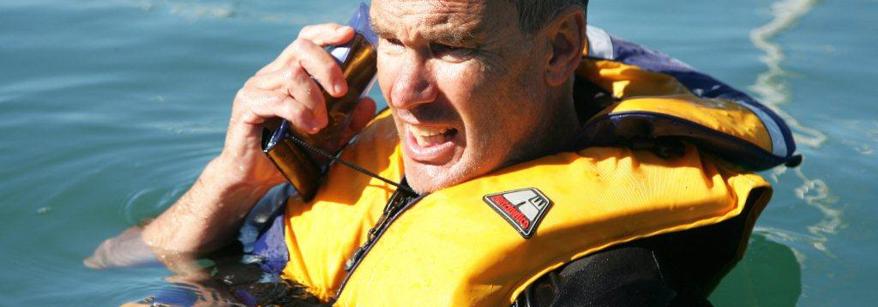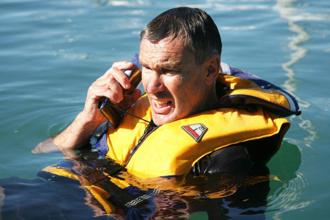If you can’t be heard, you can’t be helped!
Communications equipment is an essential part of safe boating. If you can’t call for help, no one can rescue you.
If you get into trouble while you’re on the water the ability to call for help is vital. Many boaties think that they're fine with just a cell phone, but in reality this isn't enough. You need to always carry at least TWO reliable ways to call for help that will work when wet.
Marine VHF radio
VHF radios are designed to get you help when things are going wrong. When there's reception they are the most reliable way to call for help as by calling 'mayday' on Channel 16 you are communicating with a wider audience and vessels which are more likely to be able to give immediate assistance.
Distress beacons
Set your beacon off in an emergency – it’s the most effective way of letting people know that you need urgent help and where to find you. It’s important to check its battery life regularly.
Cell phone
Cell phones are generally only helpful if kept dry and when you are close to land. Keep yours in a sealed waterproof bag, in a secure location. Save the battery for essential communication. You can call 111 if in distress. Be aware that you may not have cell phone coverage so always take another form of communication.
Flares and torches
Flares are visual signals that grab attention over long distances and when waved torches can be effective too.


